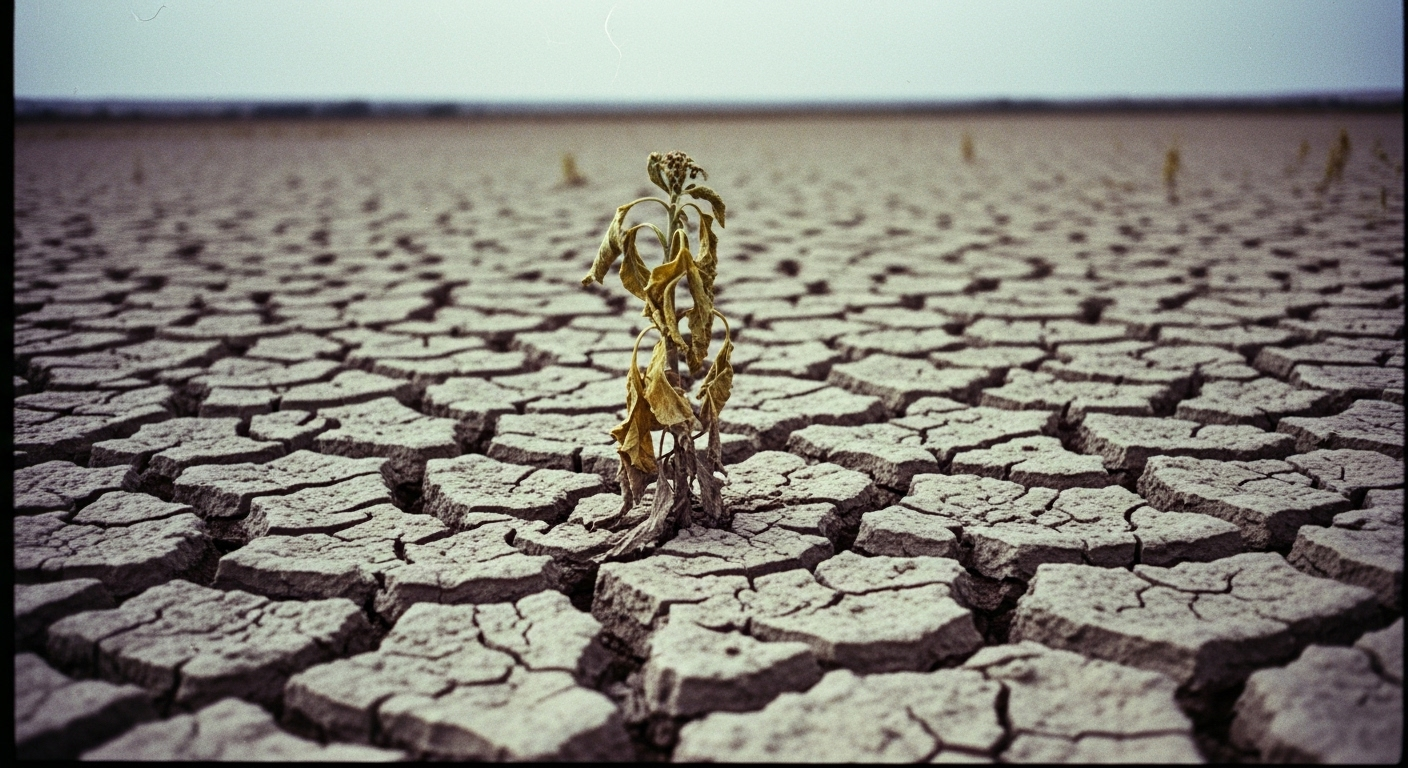Ever had that mini-panic when you realize you left the faucet dripping all night? Now, imagine that feeling, but amplified to a global scale – a scale where entire continents are experiencing unprecedented losses of freshwater. Yeah, it’s a bit more than a dripping tap, and according to a new global study, it’s happening at an alarming pace.
So, what’s the big deal? Well, freshwater isn’t just for your morning coffee or that glorious post-workout shower. It’s the lifeblood of agriculture, industry, and, you know, every living thing on land. And since 2002, our Earth’s continents have been losing it faster than I lose my keys on a Monday morning.
The Triple Threat: Why Our Water is Disappearing
It’s not just one villain in this story; it’s a whole rogue’s gallery. The study points to a few key culprits:
- Climate Change: Our planet is warming up, leading to more extreme droughts in some areas and shifts in rainfall patterns. This isn’t just about dry rivers; it’s about less snowpack melting into spring runoff, less groundwater recharge, and generally, a thirstier planet.
- Unsustainable Groundwater Extraction: Think of underground aquifers as Earth’s natural water batteries. We’ve been plugging into them more and more, often faster than they can recharge. It’s like constantly draining your phone without ever letting it charge back up. Eventually, it just… dies.
- Extreme Droughts: These aren’t just dry spells anymore. We’re talking about prolonged, intense periods of little to no rainfall, turning once fertile lands into parched expanses. And guess what? Climate change is making them more frequent and severe.
The Ironic Twist: Freshwater Loss and Sea Level Rise
Here’s where it gets a bit mind-bendingly ironic. When groundwater is extracted and used, it often eventually makes its way to the ocean. And guess what happens when more water hits the ocean? That’s right, it contributes to sea level rise. So, while we’re losing vital freshwater on land, we’re simultaneously making the oceans a little bit bigger. It’s like trying to put out a fire by pouring water into a swimming pool – the problem shifts, but doesn’t exactly get better.
Why Should You Care?
“Okay, but I’m not a farmer, and I live nowhere near the coast,” you might be thinking. Fair enough. But water scarcity isn’t just about direct impact. It affects food prices, energy production (many power plants need water for cooling), and can even lead to geopolitical instability. Plus, if you like having a planet that’s comfortable to live on, this is kind of a big deal.
This study isn’t just a gloomy headline; it’s a wake-up call. It highlights the urgent need for smarter water management, sustainable practices, and, frankly, a serious look at how we’re tackling climate change. Because if we keep treating freshwater like an endless resource, we might just find ourselves in a very dry, very awkward predicament. Let’s not let that happen, shall we?
